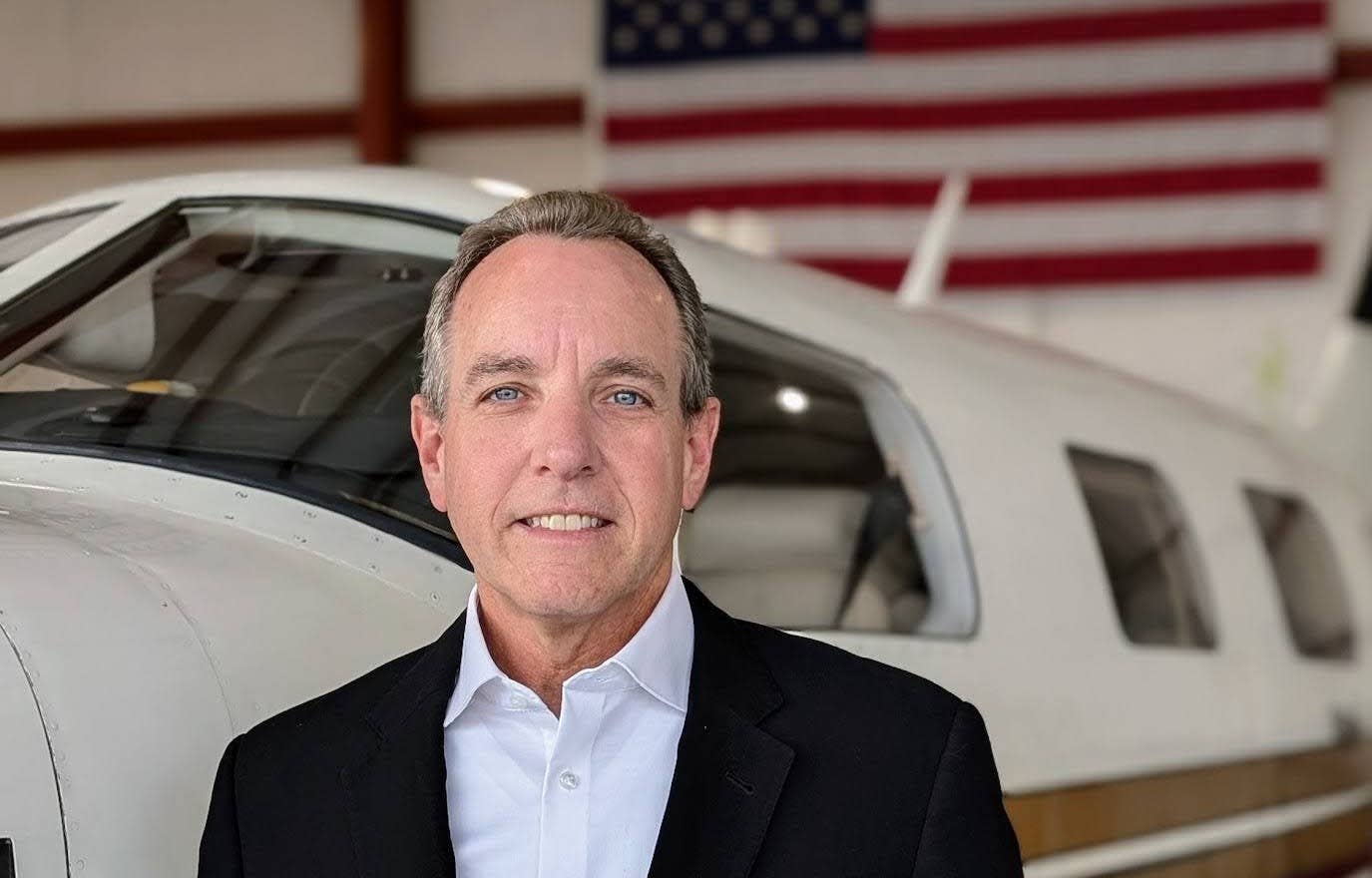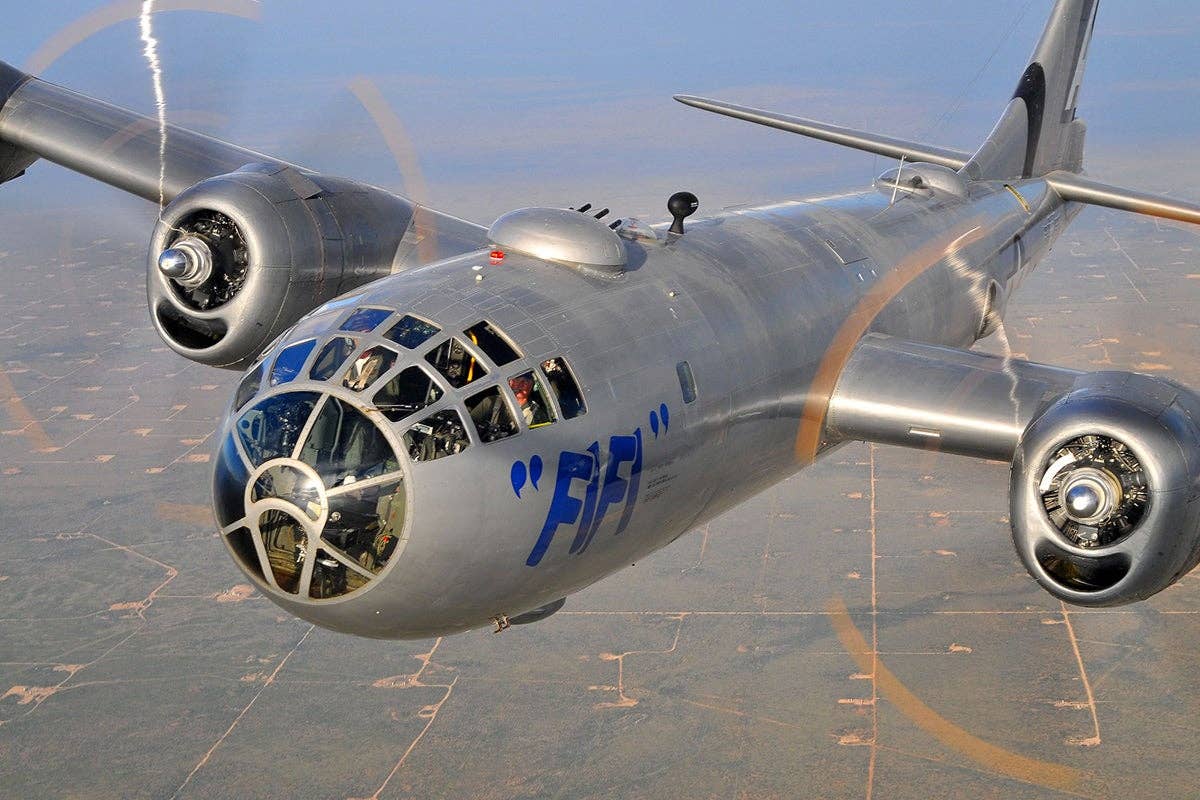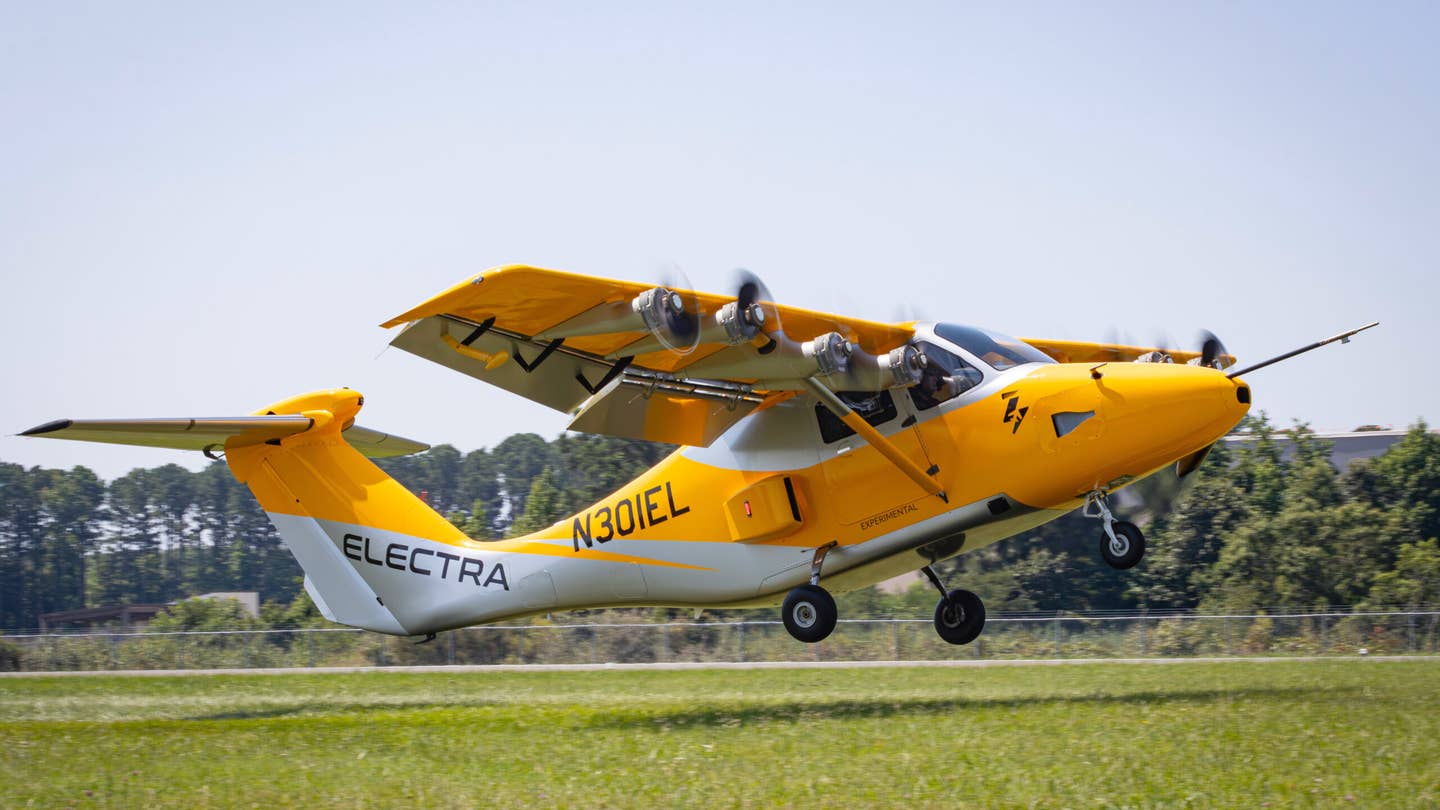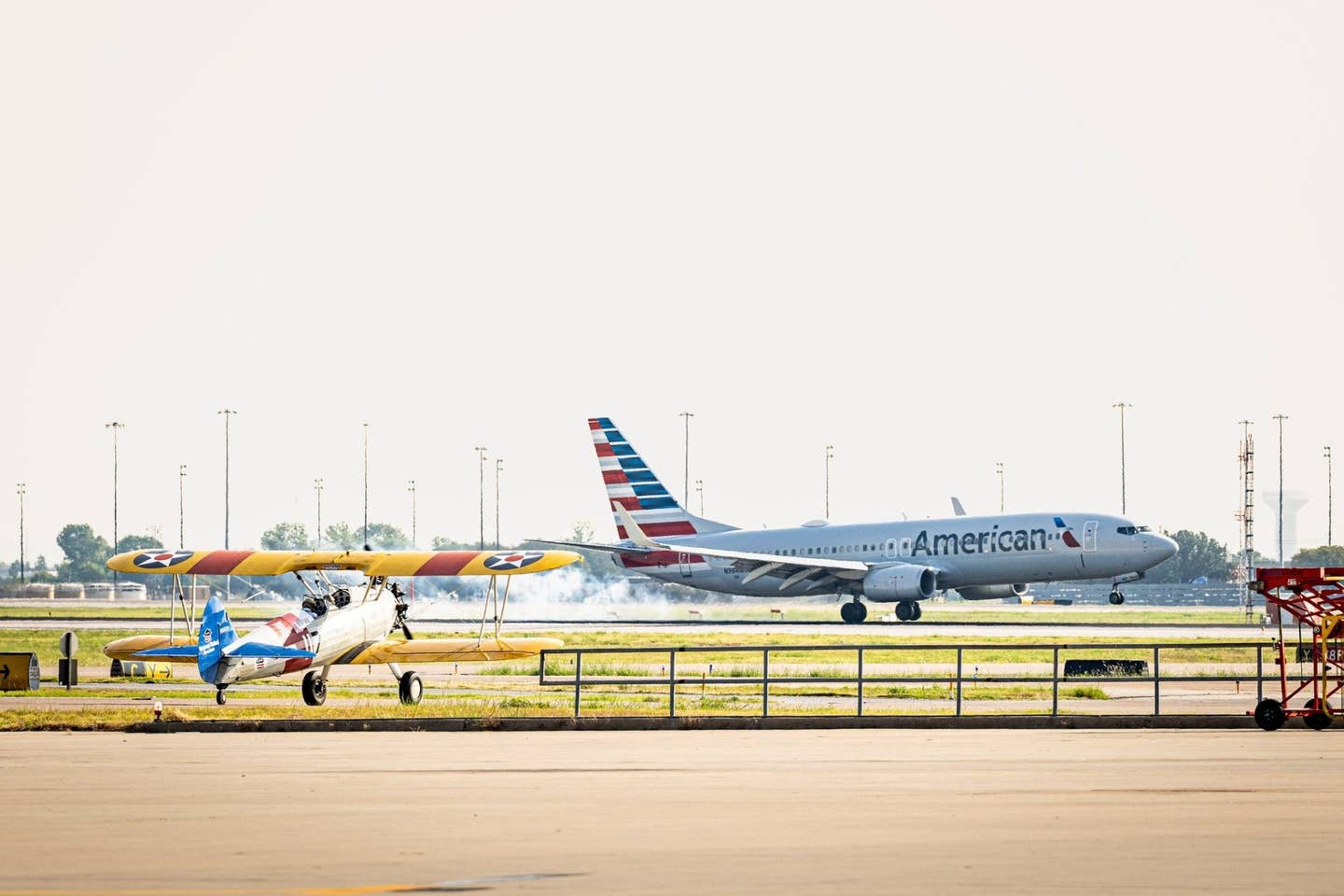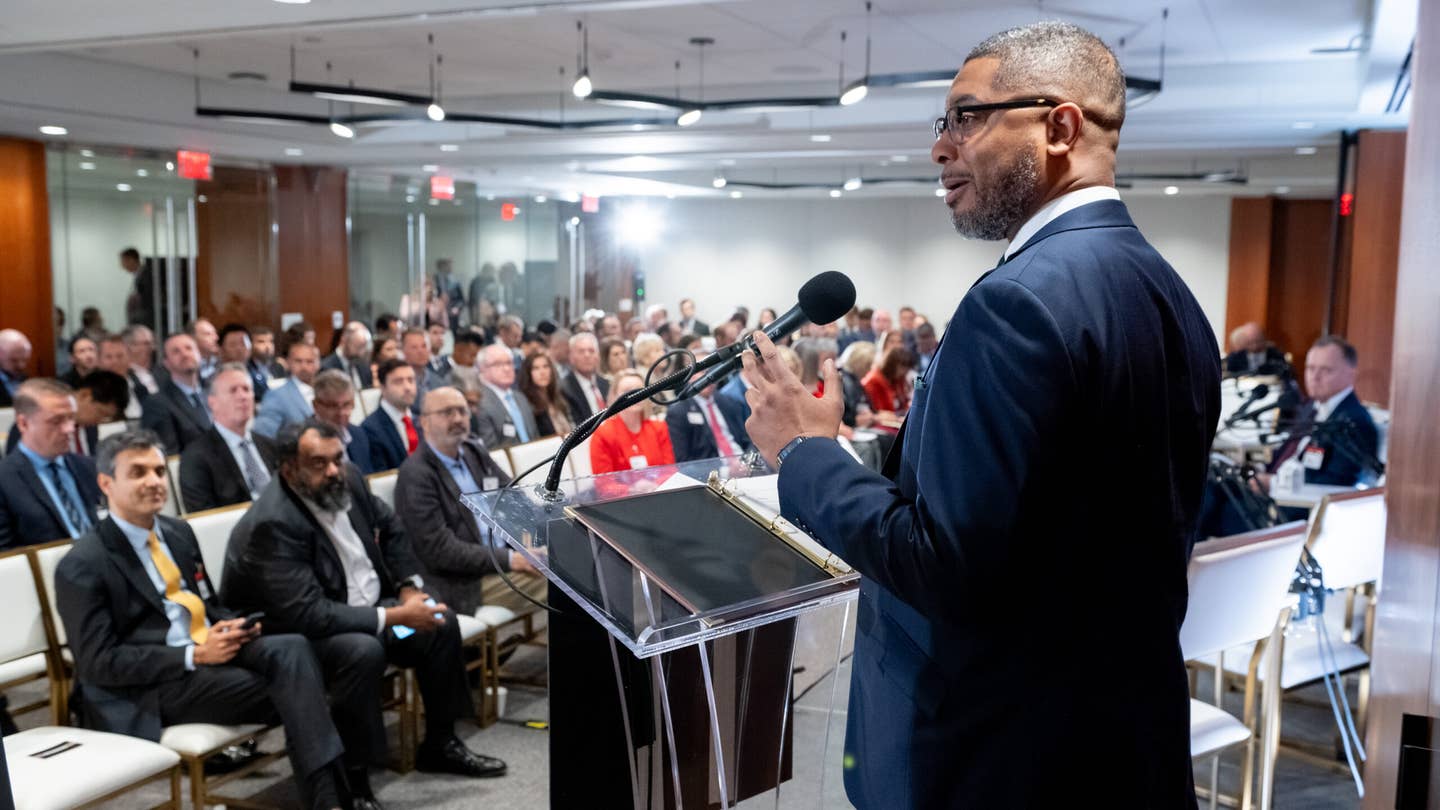Boeing To Move Headquarters to Northern Virginia
Shift to company’s Arlington campus puts leaders closer to country’s decision makers.
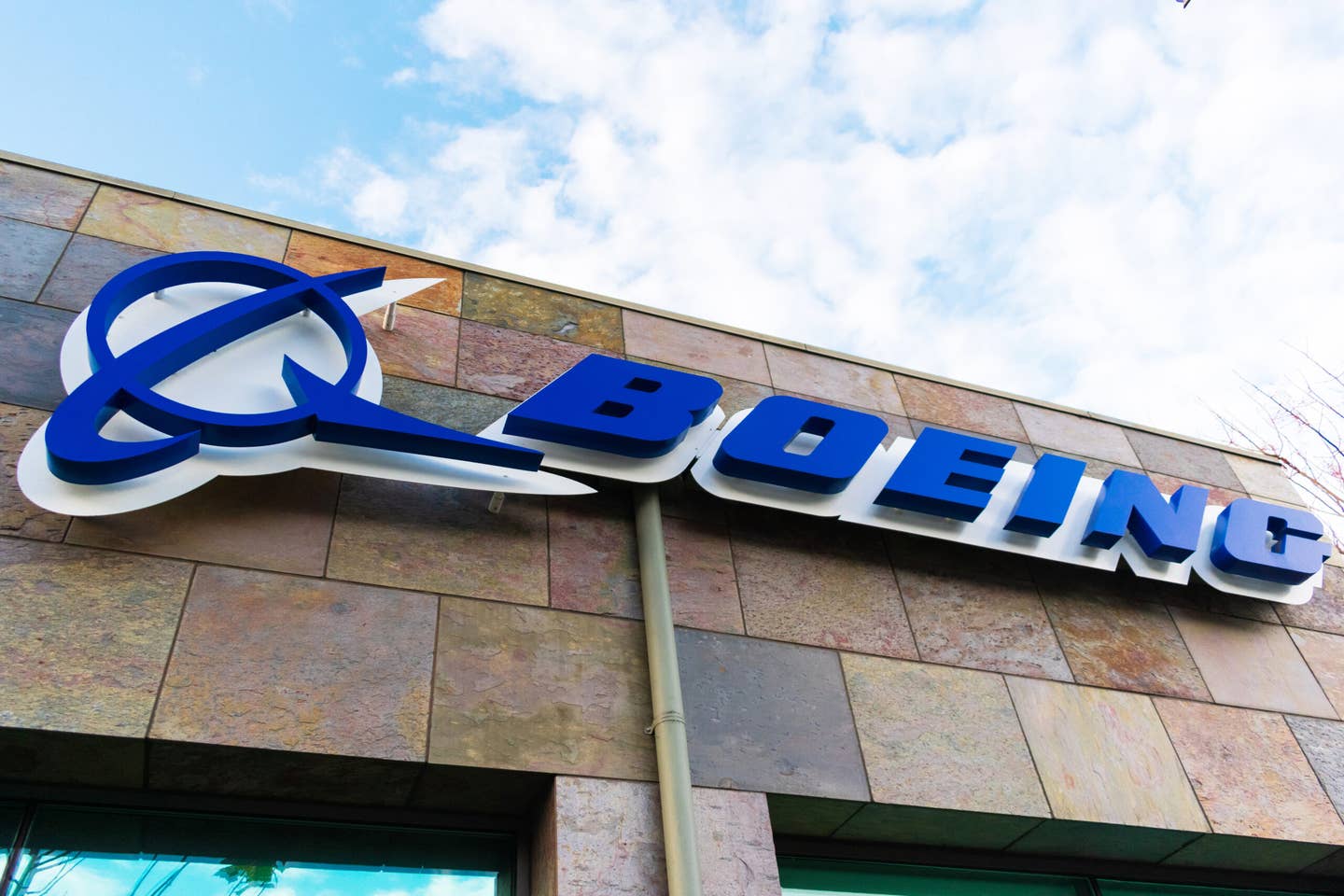
Boeing has facilities in 65 nations. [File Photo: Shutterstock]
Boeing announced Thursday afternoon that it is moving the company's global headquarters to Northern Virginia just outside Washington, D.C. The move puts the aerospace giant closer to the nation's decision makers, as the U.S. government is Boeing's largest client.
According to a release, the aerospace giant is moving the headquarters from Chicago, Illinois, to a Boeing campus in Arlington, Virginia. The area is already heavily imprinted by Boeing, as the aerospace and defense firm's employees in the region support various corporate functions and specialize in advanced airplane development and autonomous systems.
In addition to designating Northern Virginia as its new headquarters, Boeing plans to develop a research and technology hub in the area to harness and attract engineering and technical capabilities.
"We are excited to build on our foundation here in Northern Virginia,” Boeing president and CEO Dave Calhoun said. “The region makes strategic sense for our global headquarters given its proximity to our customers and stakeholders, and its access to world-class engineering and technical talent."
Boeing has facilities in 65 nations and develops, manufactures, and services commercial airplanes, defense products, and space systems for customers in more than 150 countries.
Today, we announced our Arlington, Va. campus will serve as Boeing’s global headquarters, placing us closer to our global customers and stakeholders. pic.twitter.com/l5GJfARpj7
— The Boeing Company (@Boeing) May 5, 2022
Third HQ for Boeing
Boeing was established in Seattle, Washington, in 1917. At the time, aircraft were constructed primarily of wood, and the area was filled with spruce trees—the wood of choice for military airplanes, because a bullet would pierce the wood rather than shattering it. The supply of raw materials made Seattle a perfect location.
Through the decades as technology evolved, Boeing spread across the country, moving its headquarters to Chicago in 2001. At the time, Seattle media reported that officials in Chicago reportedly offered the company as much as $20 million in tax incentives to relocate the company to Chicago.
Calhoun noted that the company would continue to have a presence in Chicago and Illinois.
"We greatly appreciate our continuing relationships in Chicago and throughout Illinois. We look forward to maintaining a strong presence in the city and the state," said Calhoun, adding, "We also want to especially thank Governor Youngkin for his partnership, and Senator Warner for his support as we worked through the process."
Reduction in Office Space Needs
Boeing officials note that over the past two years, the company has implemented flexible and virtual solutions to reduce office space needs. The company will continue to adapt its workspaces to meet employees needs.
"In today's business environment, we have adopted a flexible work strategy in parts of our company and are taking steps to be more efficient within a reduced footprint. This helps us channel investments toward our critical manufacturing and engineering facilities and training resources," Calhoun said.
A Digital Future
Boeing’s plans to establish a research and technology hub in Northern Virginia come from a desire to advance innovation in the areas of cyber security, autonomous operations, quantum sciences, and software and systems engineering.
"The future of Boeing is digital,” said Greg Hyslop, Boeing's chief engineer and executive vice president of engineering, test and technology. “Focusing our R&D and talent development in areas that support digital innovation will fuel the introduction of cutting-edge capabilities. This new hub in Northern Virginia will follow the successful implementation of this technology strategy in other regions."
Boeing employs more than 140,000 people. The company's three business units will continue to be based at their current headquarters, which include:
- Boeing Commercial Airplanes in Seattle, Washington
- Boeing Global Services in Plano, Texas
- Boeing Defense, Space, and Security in Arlington, Virginia

Subscribe to Our Newsletter
Get the latest FLYING stories delivered directly to your inbox


